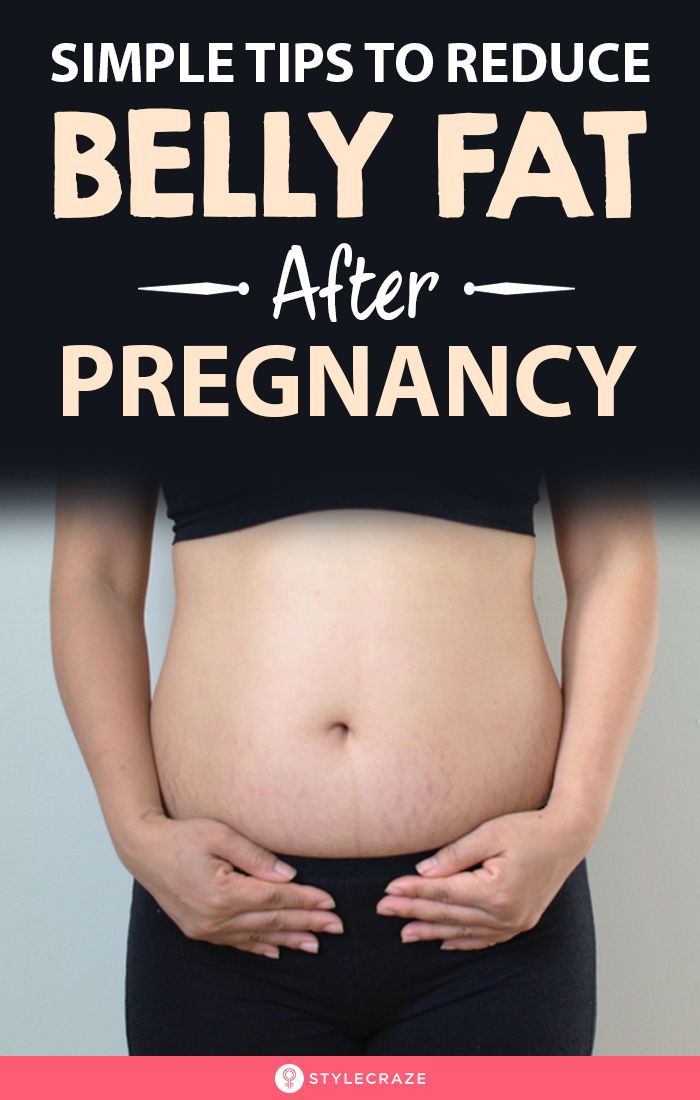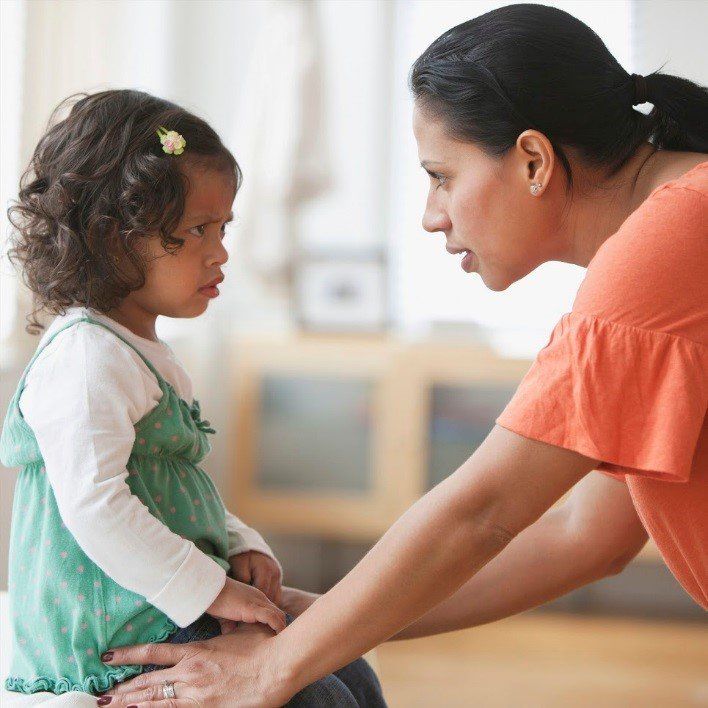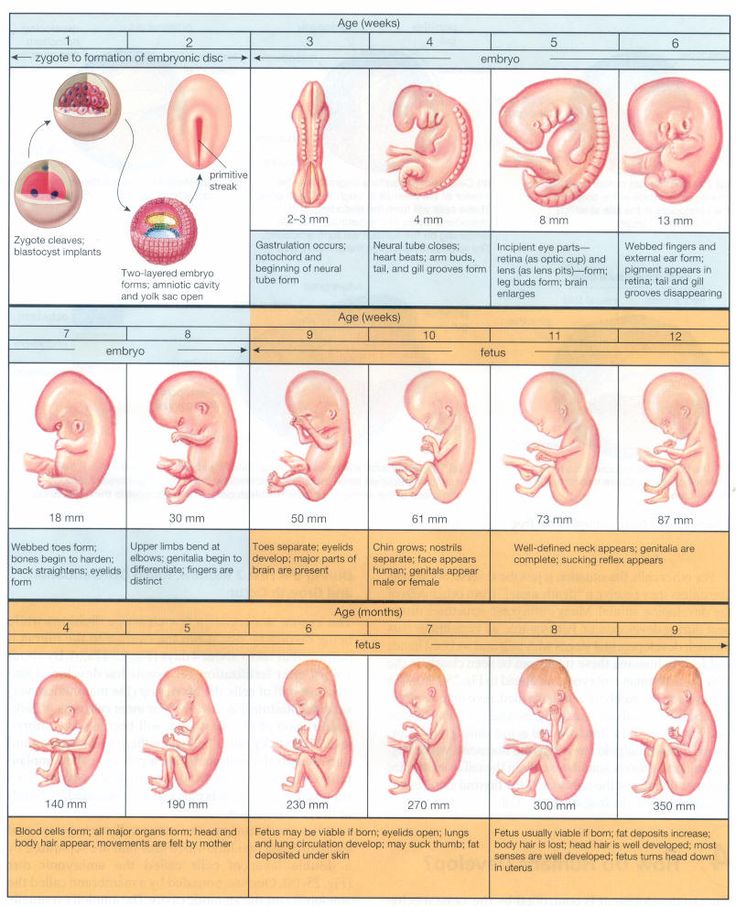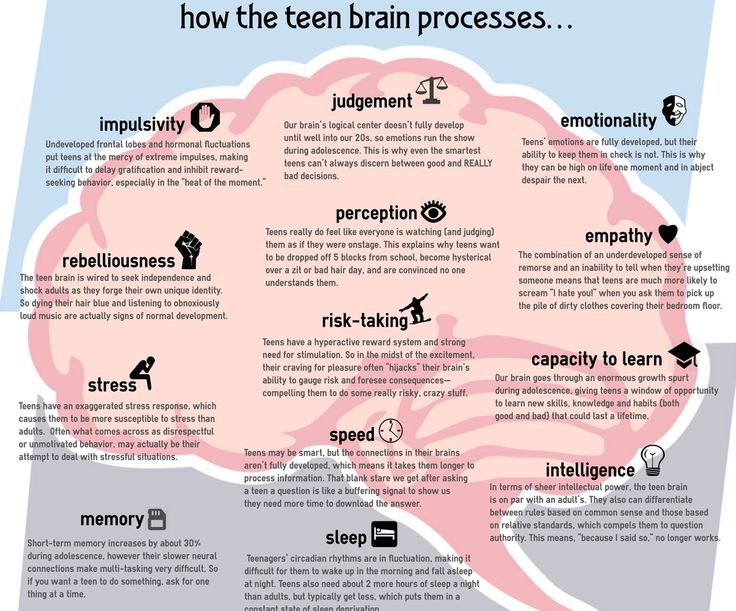Baby passing gas but no poop
Your Baby's Not Pooping but Passing Gas? What You Should Know
Congratulations! You have a new little person in the house!
If you’re a newbie parent you might be feeling like you’re changing your baby’s diaper every hour. If you have other little ones, you already know that a diaper can tell a lot about a baby’s well-being, but that babies — like adults — can sometimes have common plumbing issues.
If your baby is not pooping but passing gas, don’t worry. Your baby is still getting the hang of this thing called digestion. This is a normal part of being a baby.
There are several reasons why your baby might not be pooping. This can be uncomfortable for them (and you) but in most cases it’s not a reason to worry. Here’s what to know and what to do about your baby’s gassiness and lack of poop.
In contrast to the early newborn days when it seems every diaper change is a poop, your baby will naturally poop less as they get to be a few weeks to several months old.
There is a range of healthy when it comes to how often a baby should poop. As long as your baby is feeding normally and gaining weight (1 to 2 pounds a month), don’t worry about the number of poops.
Some babies 2 months or older poop once a day or more often. Other babies poop once every few days or even once a week. Even if your baby is pooping less frequently, their poop should be soft and easy to pass when they do go.
Breastfeeding, formula, and solids
Pooping frequency depends in part on what your baby is eating.
If your baby is only being breastfed or chestfed they may not poop every day. This is because their body can use up almost all the components of breast milk for nutrition and there is very little left that needs to be eliminated. After the first 3 to 6 weeks or so, they can go even a whole week without a poop.
If your baby is formula-fed they should poop at least once every couple of days. But some babies poop every day, while some poop more often, up to several times a day.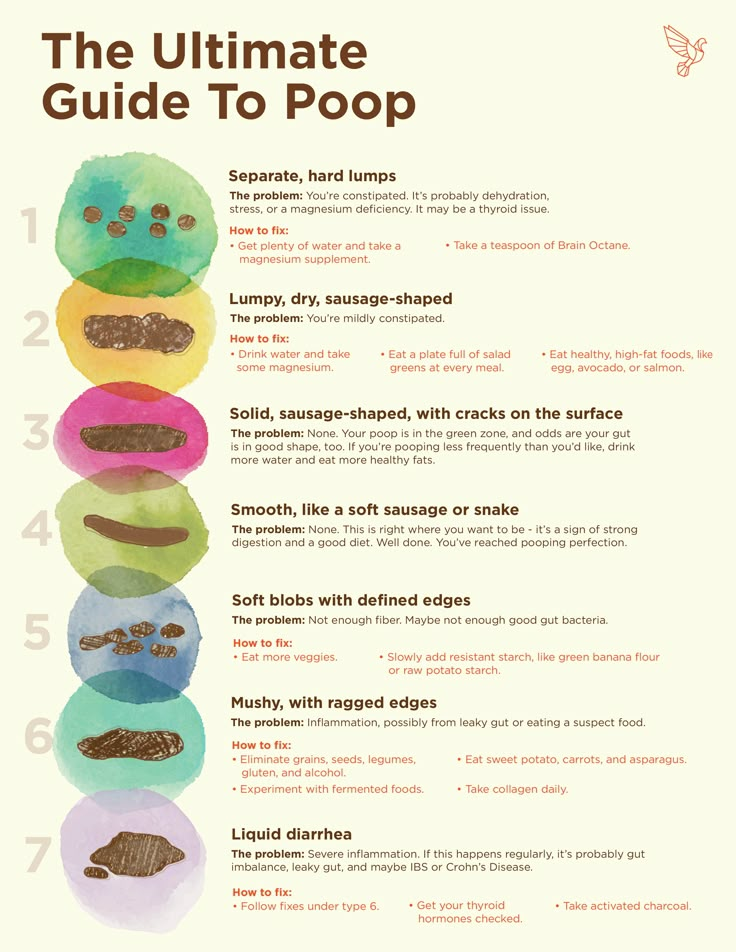 This is all within the typical range.
This is all within the typical range.
Because the look of your baby’s poop can vary, it can sometimes be hard to tell when a baby has diarrhea. Signs that there could be a problem include pooping more than once per feeding, or poop that is getting more watery over time. If you notice any of these signs, talk with your baby’s pediatrician or doctor.
Once your baby starts eating solid food, it’s a whole new game! You’ll soon learn which foods might give your baby gassiness without pooping and which their digestive system seems to poop out almost too quickly.
Color and texture
Pooping the rainbow is pretty normal for a baby. Different textures and smells are also completely normal.
In fact, your baby’s poop may move between several shades of brown, yellow, and green, depending in part on what they’re eating.
Chalky, red, or black poop might mean that there is a health issue. If you notice these changes, talk with your baby’s pediatrician immediately.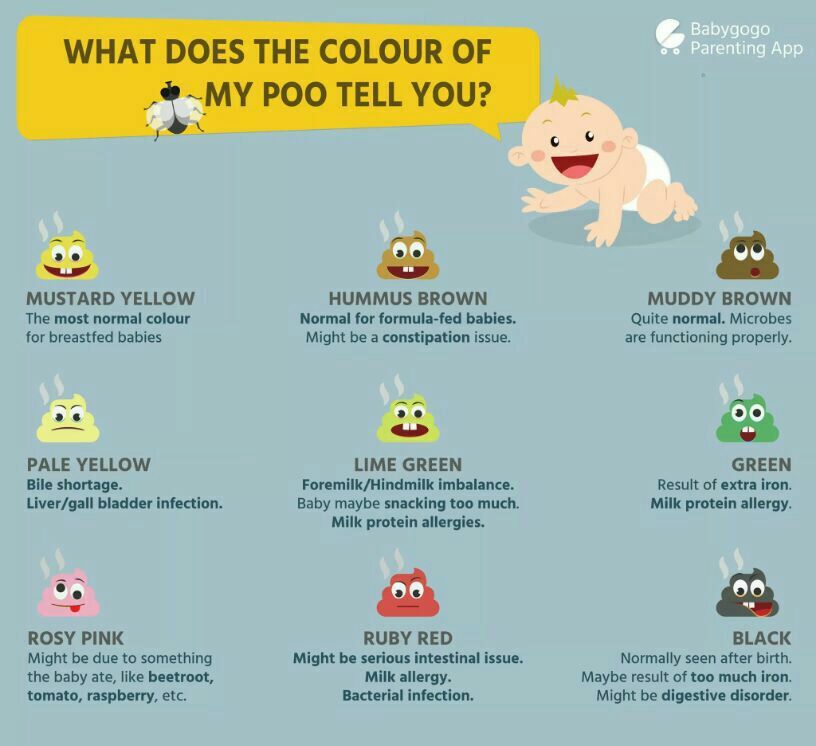 You should tell your doctor or pediatrician if you notice blood in the poop, or if your baby looks sick.
You should tell your doctor or pediatrician if you notice blood in the poop, or if your baby looks sick.
Straining to poop
Don’t worry if your baby appears to be straining to poop. Straining while pooping is typical for young babies. This is because they are still learning how coordinate the muscles needed to poop.
Babies also spend a lot of time lying down, so gravity isn’t on their side to help pass poops!
But if your baby’s poops become hard or dry, talk with your pediatrician.
If your baby is formula-fed, poops less than once a day, and appears to be straining, this is another reason to talk with a doctor. It could be a sign of constipation.
A baby can sometimes get a little stopped up or constipated. In fact, up to 30% of children get constipated pretty regularly. This can make your baby pass gas (fart), even though they are not pooping. When they do go, the stool is hard.
On the other hand, your baby might get gassy in between poops, without constipation.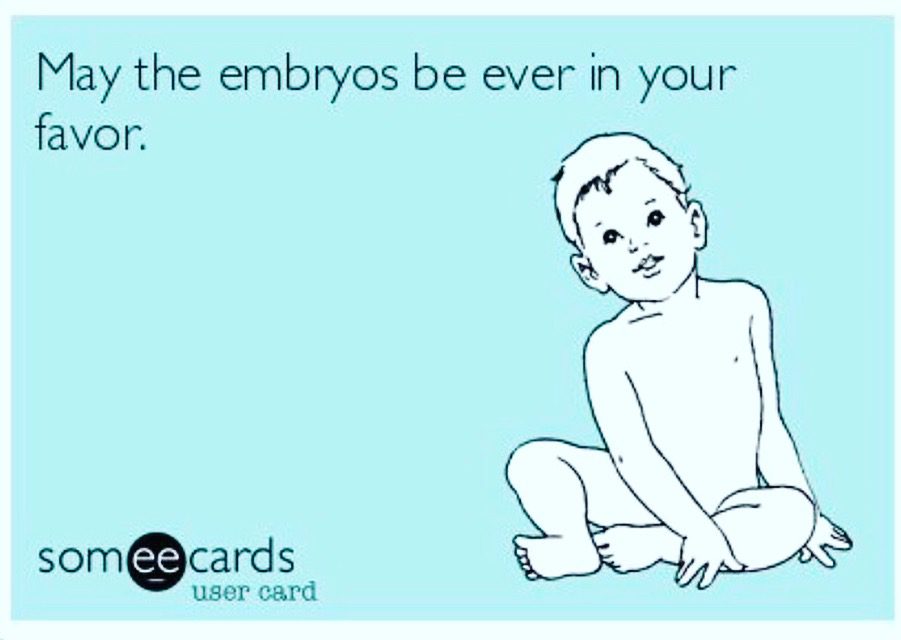 There are several common reasons why this might occasionally happen. Babies sometimes swallow air, which can lead to gas.
There are several common reasons why this might occasionally happen. Babies sometimes swallow air, which can lead to gas.
Some babies are just naturally gassy, just like they’re naturally cute. Sometimes a baby with stinky gas is just a baby with stinky gas. But if your baby seems to be having gas pains, bring it up with your pediatrician.
Breastfed babies
The good news is that babies who breastfeed or chestfeed are less likely to get constipated, because breast milk is generally easier to digest than formula.
If you’re nursing your baby, changes in your milk might have something to do with your baby’s poop frequency. Around 6 weeks after birth, your breast milk has little or no trace left of a yellowish substance called colostrum. Colostrum contains extra protein, antibodies, and other nutrients.
This liquid is one part of your breast milk that helps to give your newborn baby’s immune system a boost against germs. Colostrum may also work like a laxative, helping your baby poop in the first few weeks of life.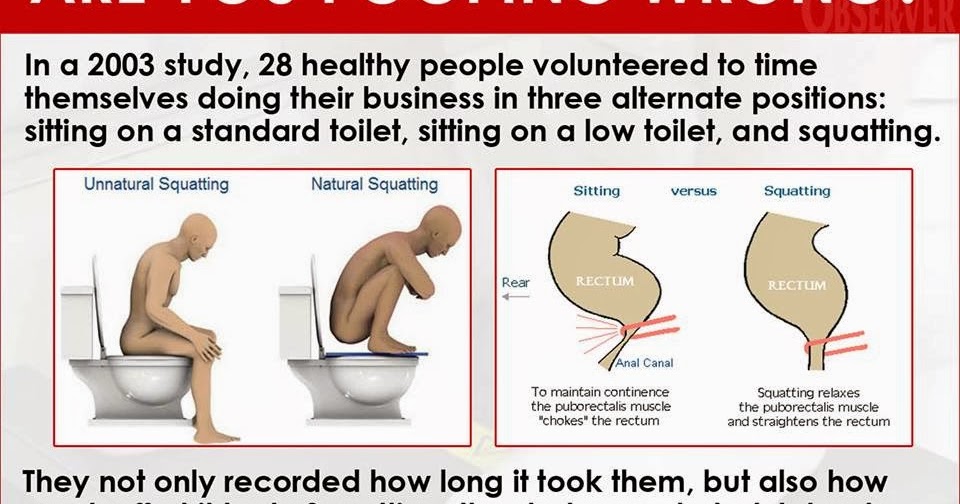
This may be one reason newborns poop several times a day. When there’s less colostrum — or none — your baby may have fewer poops.
Formula-fed babies
If your baby is feeding on formula, they might get gassy if they swallow air with feeding or if you change the kind of formula you use. A baby’s new digestive system can be finicky like that.
Some amount of gas is normal for all babies, and some babies just naturally pass more gas. If your baby is gassy, it doesn’t necessarily mean there is an issue or that you need to change anything to “fix” it.
If your baby is happily gassy and not showing symptoms of constipation or other issues, it’s fine to just let them be. But if your baby seems to be in pain due to gas, discuss it with your pediatrician.
Solids
When your baby starts trying solid foods, they might get gassy without pooping all over again. Introducing solid foods and new foods to your baby can cause little digestive hiccups.
It’s best to introduce new foods one at a time.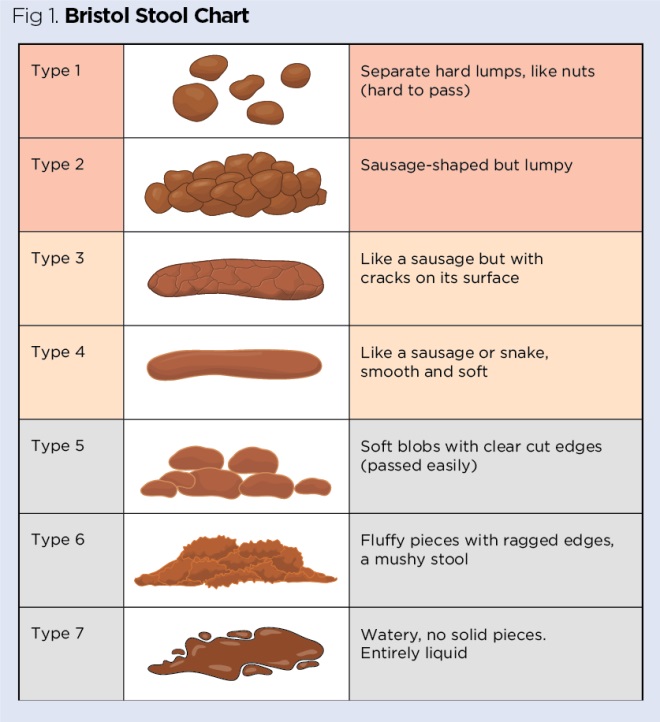 This can help you pinpoint sensitivities or foods that cause gassiness or pooping issues for your little one.
This can help you pinpoint sensitivities or foods that cause gassiness or pooping issues for your little one.
If your baby is gassy but not pooping, check for other signs and symptoms of constipation:
- excessive crying or irritability
- decreased appetite
- severe straining or turning red without pooping
- small hard poops (when they do poop)
- dry poop (when they do poop)
In most cases, your baby’s gassiness and constipation will resolve on its own as their digestive system figures things out. Sometimes, you might need to give it a little nudge.
Call the doctor
If your newborn baby (under the age of 6 weeks) is not pooping at all or very rarely pooping, see your doctor immediately. In rare cases, not pooping can be a sign of an underlying health issue. Check for other symptoms like:
- vomiting
- refusing feeds
- excess crying
- stomach bloating
- arching their back like they are in pain
- fever
- blood in the stool
Any time you notice blood in your baby’s stool, it’s important to talk with your doctor right away.
Babies who are older than 6 weeks will occasionally be constipated. Call your doctor if your baby has not had a poop for longer than a week or if they get constipated with hard stools more than once or twice.
Home treatments
Ask your doctor if you should try home remedies for your little one, like:
- liquids: If your baby is over 6 months old (age is important here!), you can give them a few ounces of water. For babies at least 1 month old, you can talk with your doctor about giving them a small amount apple or pear juice — 1 ounce for each month of age, up to 4 months. These juices have a natural sugar called sorbitol that is also a laxative. Drinking this might help soften your baby’s poop. Babies who are eating solid food can have prune juice.
- food: If your baby is eating solids, give them fiber-rich foods to help pass the poop. Try puréed prunes, sweet potatoes, or fruits. Fiber-rich foods might make your baby gassy, but they often help with the poop!
- exercise: Your baby might just need to get moving to help them poop! Moving your baby’s legs as in a bicycle motion may help rev their digestion engine.
 You can also try holding your baby up so they are “walking” in your lap.
You can also try holding your baby up so they are “walking” in your lap. - massage and a warm bath: Try massaging your baby’s stomach and body. This can help relax them and get their digestion moving. You can also try a warm bath to help them relax.
- medications: If none of the changes in feeding, diet, or exercise help with the constipation, your doctor might recommend trying an infant glycerin suppository. These have to be put into your baby’s rectum, but they may be relieved and sleep peacefully when they can have a good poop! But be sure to talk with your baby’s doctor first if you are considering this option.
If your baby is gassy but not pooping, don’t worry. These common symptoms are normal in babies as they learn how to feed and digest food. Your baby might be constipated.
Call your baby’s pediatrician immediately if your newborn baby (under 6 weeks old) is not pooping at all. Also call if your baby (of any age) has constipation for longer than 5 to 7 days or if they also have other symptoms.
Constipation in Breastfed Babies: Symptoms, Causes, and Treatment
Breast milk is easy for babies to digest. In fact, it’s considered a natural laxative. So it’s rare for babies who are breastfed exclusively to have constipation.
But that doesn’t mean it can’t happen.
Every baby poops on a different schedule — even ones who only are fed breast milk. Read on to learn more about constipation in babies, including symptoms, causes, and how to treat it.
How can you tell if your baby’s constipated? It’s important to note that the frequency of bowel movements isn’t always an accurate indication of constipation. Neither is seeing your baby grunt or strain while having a movement.
Many babies look like they’re pushing when they’re having a bowel movement. That may be because babies use their abdominal muscles to help them pass stool. They also spend a lot of time on their backs, and without gravity to help them, they may have to work a little more to move their bowels.
Better indications of constipation in a breastfed baby are:
- firm, tight, distended belly
- hard, pebble-like stools
- crying while having a bowel movement
- not wanting to feed
- bloody stool that is hard (which may be caused by hard stool tearing some of the anal tissue as it passes)
For the most part, breastfed babies don’t experience constipation until solid foods are introduced, around the time they’re 6 months old. Some foods that may be constipating include:
- Rice cereal. Rice is binding, meaning it absorbs water in the gut, making stool hard to pass. Consider switching to oatmeal or barley cereal if your baby show signs of constipation.
- Cow’s milk. This is usually introduced at about a year.
- Bananas. This fruit is another common culprit of constipation in babies. You can try feeding it to your baby pureed with some water or 100-percent fruit juice mixed in.
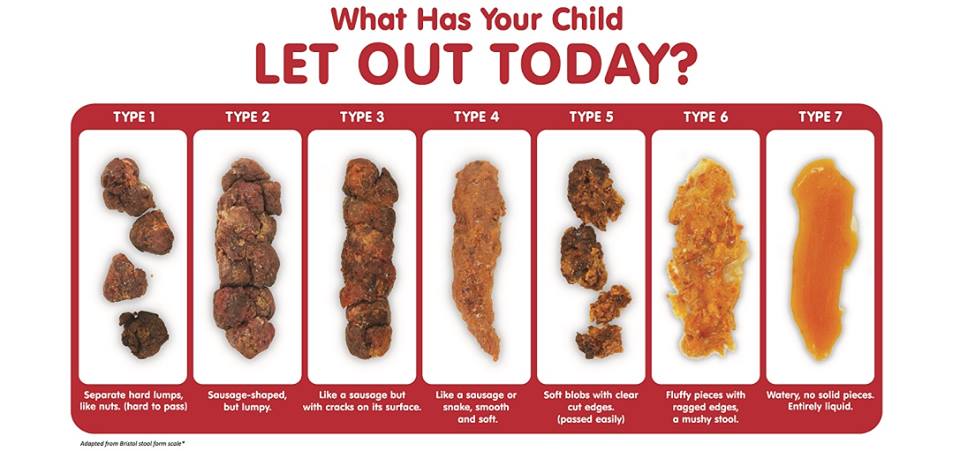
- A low-fiber diet. White pastas and breads are low-fiber foods. Without enough fiber, it may be harder for your baby to pass stools.
Other things that might produce constipation include:
- Not giving your child enough liquids. Always try to breastfeed your baby before offering solids. Liquid will help your baby pass their stools more easily.
- Stress. Travel, heat, a move — these can all be stressful to a baby and cause constipation.
- Sickness. Stomach bugs can cause vomiting and diarrhea, which can lead to dehydration and constipation. Even something like a common cold can decrease your child’s appetite and, because of nasal congestion, make it uncomfortable for them to nurse. Less liquid means more chance for constipation.
- Medical condition. A medical issue, such as having an abnormality in the digestive tract, may cause constipation, although this is rare.
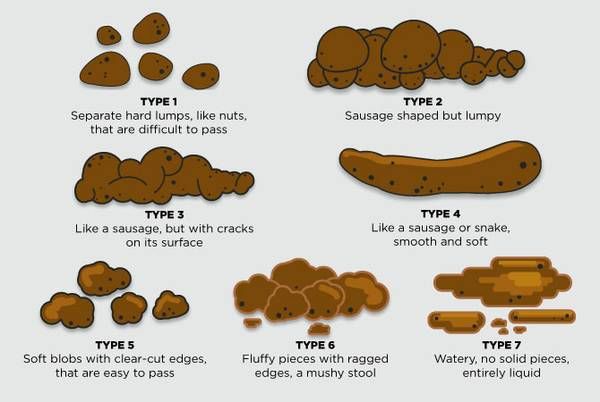
A normal amount for a baby to poop varies by age, and, yes, the baby’s diet. Here’s a sample poop timeline for breastfed babies from Seattle Children’s Hospital:
| Days 1–4 | Your baby will poop about once a day. The color will change slightly from dark green/black to dark green/brown and it’ll become looser as your milk comes in. |
| Days 5–30 | Your baby will poop about 3 to 8 or more times day. The color will change slightly from dark green/black to dark green/brown and it’ll become looser and then more yellow as your milk comes in. |
| Months 1–6 | By the time they’re about a month old, babies are pretty good at absorbing all the breast milk they drink. As such, they may pass a few soft stools each day or just one soft stool every few days. Some babies don’t poop for up to two weeks, and that’s still considered normal. |
| Month 6–onward | As you start introducing solid foods to your baby (at about 6 months) and cow’s milk (at about 12 months), your baby may poop more frequently. That’s because your baby’s digestive system is still immature and has to figure out how to digest all these new foods. On the flip side, your baby may now become constipated. Some foods are naturally constipating, and cow’s milk can be hard for even some mature digestive systems to handle. That’s because your baby’s digestive system is still immature and has to figure out how to digest all these new foods. On the flip side, your baby may now become constipated. Some foods are naturally constipating, and cow’s milk can be hard for even some mature digestive systems to handle. |
Here are some tips to prevent and treat constipation:
- Add more fiber to their diet if your baby’s started solid foods, Switch from rice cereal to barley, which has more fiber. When you start introducing fruits and vegetables, try high-fiber ones like pureed prunes and peas.
- Pump your baby’s legs back and forth as if they’re riding a bicycle. Also, put them on their tummies with some toys and encourage them to squirm and reach. Activity can encourage a bowel movement.
- Give your baby a tummy massage. With your hand just below the navel, gently massage your baby’s tummy in a circular motion for about a minute.

Can a nursing mother’s diet cause — or relieve — a baby’s constipation? The short answer is probably not.
According to a 2017 study of 145 women in the Korean Journal of Pediatrics, there are no foods a breastfeeding mom needs to avoid unless the baby has an obvious negative reaction to it.
Gas and fiber are not passed from mom to baby. Neither is the acid from acidic foods like citrus and tomatoes. A breastfeeding mom can have pretty much any food she wants in moderation.
According to La Leche League International, it’s not what or how much you eat or drink that stimulates your milk — it’s your baby’s ability to suck that gets the milk coming. Also, breast milk is made from what’s in your bloodstream, not your digestive tract.
Still, it’s important to eat a nutritious, well-balanced diet when you’re nursing, more for your own health and well-being than your baby’s.
Don’t hesitate to call a doctor if:
- these simple remedies for constipation don’t work
- your baby seems in distress
- your baby refuses to eat
- your baby has a fever
- your baby is vomiting
- your baby has a hard, swollen belly
Your doctor will examine your baby and may even order special tests, like an abdominal X-ray to check for intestinal blockages.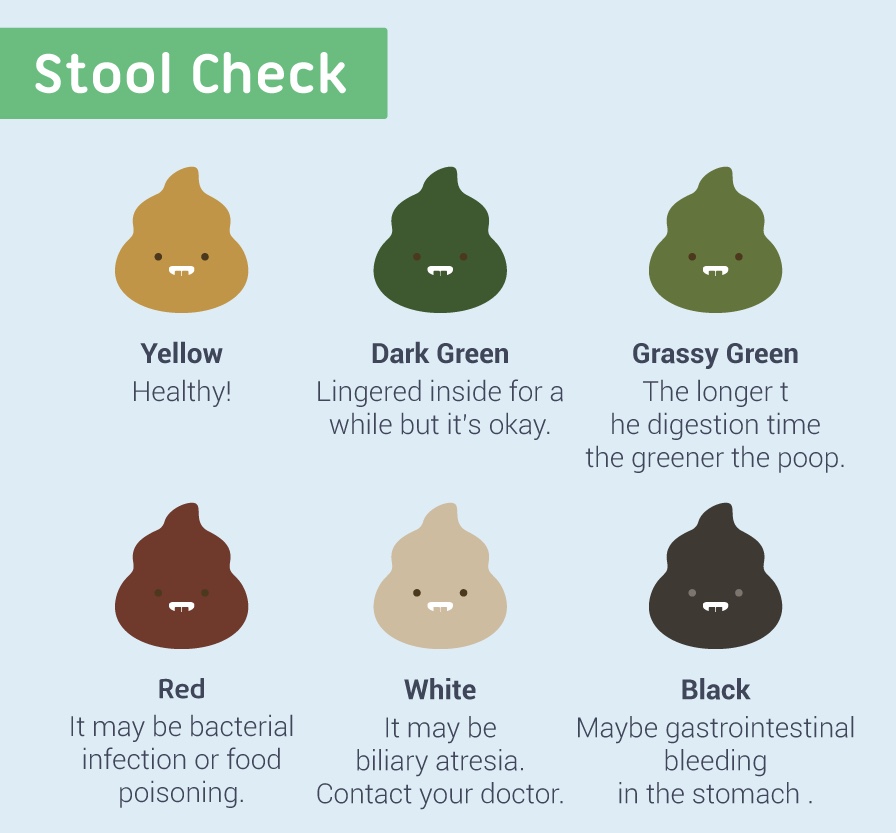 You can ask your doctor about using suppositories and which ones are safe, though these are not often recommended or needed.
You can ask your doctor about using suppositories and which ones are safe, though these are not often recommended or needed.
Never give a baby a laxative or suppository without checking with a healthcare provider first.
Most breastfed babies don’t become constipated until they start solid foods. Even then, it’s not a sure thing. Simple diet and activity changes are often effective. But if the constipation continues, see your child’s doctor for medical advice.
Is your baby not pooping, but passing gases? Here's what you need to know
Congratulations! You have a new man in the house!
If you are a new parent, you may feel like you are changing your child's diaper every hour. If you have other toddlers, you already know that a diaper can tell a lot about a child's well-being, but babies, like adults, can sometimes have common plumbing issues.
If your baby is not pooping but passing gas, don't worry. Your child is still learning this thing called digestion. This is a normal part of a child's life. nine0003
This is a normal part of a child's life. nine0003
There are several reasons why your baby may not poop. This may be inconvenient for them (and for you), but in most cases this is not a cause for concern. Here's what you need to know and what to do if your baby has gas and no stools.
How often should my baby poop?
Unlike the early days of a newborn, when every diaper change seems to be poop, your baby will naturally poop less between weeks and months. nine0003
There are a number of healthy factors when it comes to how often a baby should poop. As long as your baby is eating normally and gaining weight (1 to 2 pounds a month), don't worry about the amount of poop.
Some children 2 months of age or older poop once a day or more. Other babies poop once every few days or even once a week. Even if your baby poops less often, he should still have large stools that are soft and easy to pass when he walks. nine0003
Breastfeeding, formula and solids
The frequency of stools depends in part on what your baby eats.
If your baby is exclusively breastfed, he may not poop every day. This is due to the fact that their body can use up almost all of the components of breast milk for nutrition, and there is very little left that needs to be eliminated. After the first 6 weeks or so, they can go a week or two without poop.
If your baby is formula-fed, he may have up to four stools a day, or once every few days. nine0003
Once your baby starts eating solid food, a whole new game begins! You'll soon find out which foods can cause your baby to gas without having a bowel movement, and which foods in his digestive system seem to be defecating too quickly.
Color and texture
It is normal for a child to poop rainbows. Various textures and odors are also perfectly normal.
In fact, your baby's stool can be several shades of brown, yellow and green, depending on what he eats. Depending on what your child has eaten, sometimes chalky, red, or black poop may appear, but this may indicate a health problem.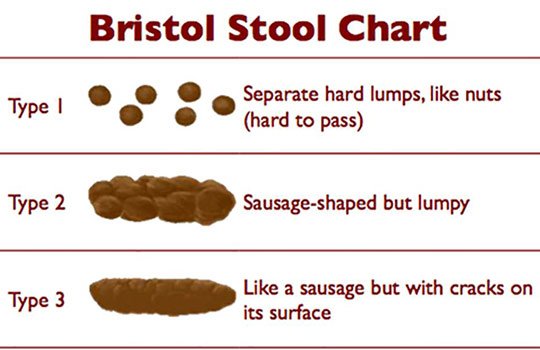 nine0003
nine0003
Stress to poop
Don't worry if your baby tries to poop. Straining during a bowel movement is normal for babies. This is because they are still learning to coordinate the muscles needed to poop.
Babies also spend a lot of time lying down so gravity isn't on their side to help with bowel movements!
Causes of gas but not poop
Sometimes a child may have a little congestion or constipation. In fact, up to 30 percent of children are constipated fairly regularly. This may cause gas in the baby, but not poop. When they pass, the stool is hard. nine0003
On the other hand, your child may have gas between bowel movements without constipation. There are several common reasons why this can sometimes happen.
Some babies are just naturally gassy, as if they are naturally cute. Sometimes a baby with stink gas is just a baby with stink gas.
Breastfed babies
The good news is that breastfed babies are almost never constipated because breast milk is generally easier to digest than formula.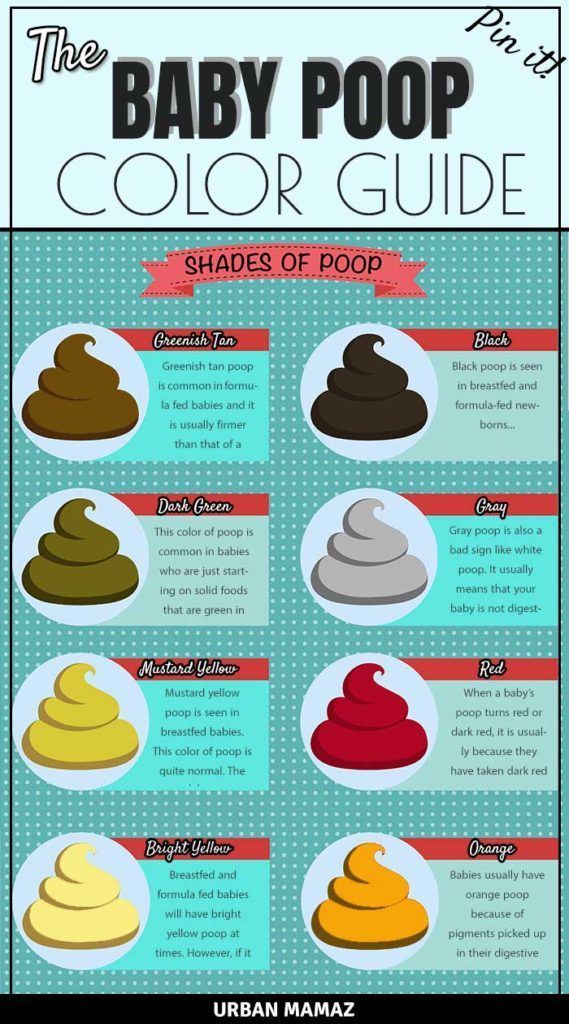 nine0003
nine0003
If you are breastfeeding, changes in your milk may have something to do with your baby's stool frequency. About 6 weeks after giving birth, there is little to no trace of a protein called colostrum in breast milk.
This fluid is part of your breast milk that helps your newborn baby's immune system fight germs. Colostrum can also work as a laxative, helping your baby to poop in the first few weeks of life. nine0003
This may be one of the reasons newborns poop several times a day. When there is less or no colostrum, your baby may have fewer poop.
Formula-fed babies
If your baby is formula fed, he may get gas if he swallows air while feeding or if you change the type of formula you use. A new baby's digestive system can be so finicky.
Some amount of gas is normal for all children, and some children simply produce more gas naturally. If your child has gas, it does not necessarily mean that there is a problem or that you need to change something to "fix" it. nine0003
nine0003
If your child is happy with gas and is not showing symptoms of constipation or other problems, you can just leave them alone.
Solids
When your child starts to eat solid foods, he may start to gas up and stop pooping again. Introducing solid foods and new foods to your baby can cause some digestive hiccups.
Slowly introducing new foods as you start eating solid foods can help you identify sensitivities or foods that are causing gas or bowel problems in your baby. nine0003
Is it constipation?
If your child is gassy but does not poop, check for other signs and symptoms of constipation:
- crying or irritation
- decreased appetite
- severe straining or redness without stool
- small hard poop (when pooping)
- poop dry and dark in color (when pooping)
What to do if your baby has gas but doesn't poop
With most gas, your baby's gas and constipation will resolve on their own once their digestive system has dealt with it.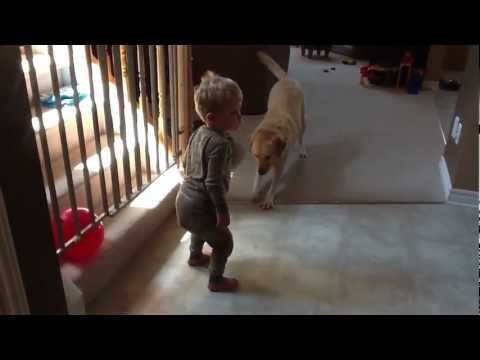 Sometimes you may need to push it a little. nine0003
Sometimes you may need to push it a little. nine0003
Call a doctor
If your newborn baby (under 6 weeks old) does not poop at all or poops very rarely, call your doctor right away. In rare cases, missing stools can be a sign of a serious health problem. Check for other symptoms such as:
- vomiting
- refusal to feed
- excessive crying
- bloating
- arching the back as if in pain
- fever
Babies over 6 weeks sometimes have constipation. Call your doctor if your child has not had a bowel movement for more than a week or if he has more than one or two constipation with hard stools.
Home treatments
Ask your doctor if you should try home remedies for your baby, for example:
- Feeding. You can try feeding them more breast milk or formula if they will accept it.
- Fluids. nine0119 If your baby is over 6 months old (age is important here!), you can give him a few ounces of water.
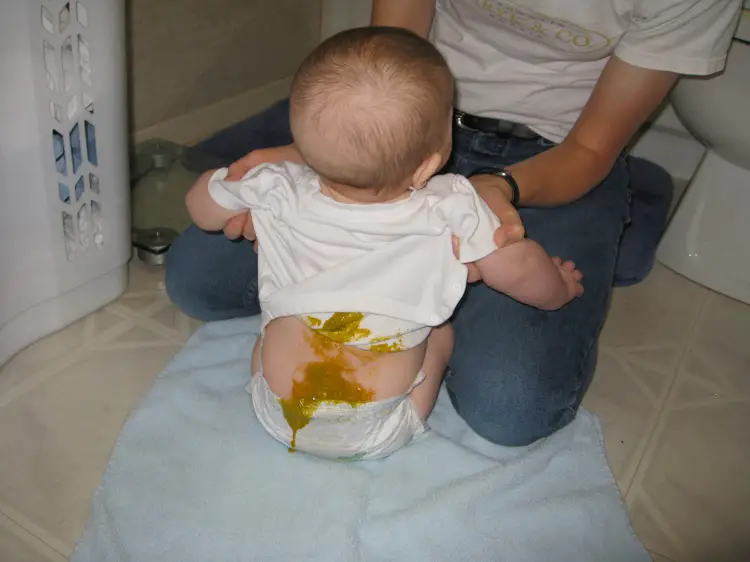 Or talk to your doctor about giving them 2 to 4 ounces of apple, plum, or pear juice. These juices contain a natural sugar called sorbitol, which is also a laxative. This may help soften your baby's stool.
Or talk to your doctor about giving them 2 to 4 ounces of apple, plum, or pear juice. These juices contain a natural sugar called sorbitol, which is also a laxative. This may help soften your baby's stool. - Food. If your child eats solid food, give him more fiber to help clear poop. Try pureed prunes, sweet potatoes, barley, or whole grain cereal. Fiber-rich foods can cause gas in a baby, but they often help with stool! nine0078
- Exercise. Maybe your baby just needs to move to help him poop! Moving your baby's legs, like riding a bicycle, can help increase the speed of his digestive engine. You can also try holding your baby so that he "walks" on your lap.
- Massage and warm bath. Try massaging the baby's belly and body. This can help relax them and open up tight abdominal muscles. You can also try a warm bath to help them relax. nine0078
- Medicines. If no changes in diet, diet, or exercise help manage constipation, your doctor may recommend trying baby glycerin suppositories.
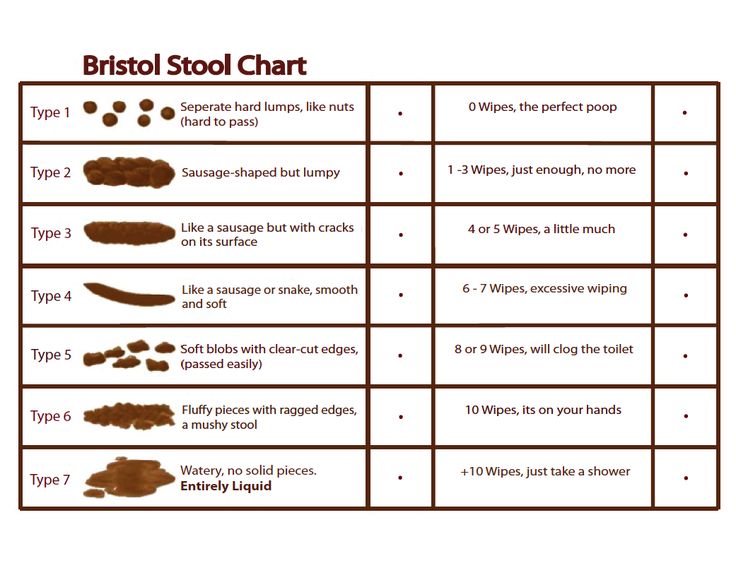 They need to be inserted into your baby's rectum, but they may feel relieved and sleep soundly when they have a good stool!
They need to be inserted into your baby's rectum, but they may feel relieved and sleep soundly when they have a good stool!
Conclusion
If your baby has gas but doesn't poop, don't worry. These general symptoms are normal for babies as they learn to eat and digest food. Your child may be constipated. This can happen in babies older than 6 weeks who are not exclusively breastfed. nine0003
Call your baby's pediatrician right away if your newborn (under 6 weeks old) doesn't poop at all. Also call if your child (of any age) has been constipated for more than 5 to 7 days or if they also have other symptoms.
Fecal incontinence (encopresis) in children
We treat children according to the principles of evidence-based medicine: we choose only those diagnostic and treatment methods that have proven their effectiveness. We will never prescribe unnecessary examinations and medicines! nine0003
Make an appointment via WhatsApp
Prices Doctors
The first children's clinic of evidence-based medicine in Moscow
No unnecessary examinations and drugs! We will prescribe only what has proven effective and will help your child.
